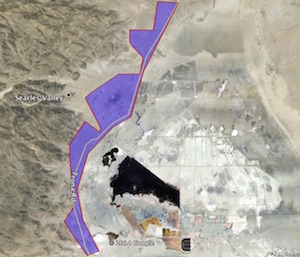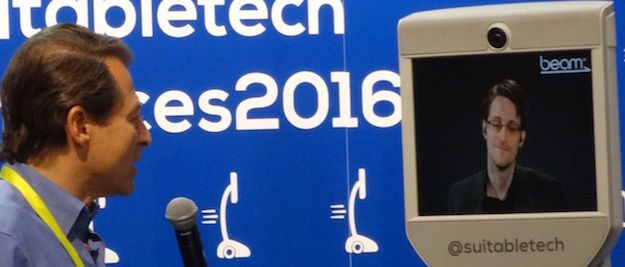Last minute WISP challenge kills FTTH for two California towns

No gigabit for you.
It’s still called the Five Mining Communities broadband project, but only three will be getting fiber to the home service, assuming the California Public Utilities Commission approves a $2 million California Advanced Services Fund (CASF) grant as currently drafted at its meeting tomorrow.
Race Telecommunications will get the money to build out in Randsburg, Johannesburg, and Red Mountain, near the junction of Inyo, San Bernardino and Kern counties. But neighboring Trona and Searles Valley are off the list, because of a last minute challenge from a wireless Internet service provider, SBC Wireless, who just popped up in town…
… More[CPUC] staff followed up with SBC-Wireless and was told that SBC-Wireless began operations in the area in late October 2015, has eight employees, and as of November 20, 2015 has 142 residential customers signed up for service.


![By user:AngMoKio (Own work) [CC BY-SA 2.5 (https://creativecommons.org/licenses/by-sa/2.5)], via Wikimedia Commons](https://www.tellusventure.com/images/2016/1/ny_skyline.jpg)






![By This vector image was created with Inkscape by Anynobody, composing work: Mabdul. (Own work using Bsahead.svg: and No sign.svg:) [CC BY-SA 3.0 (https://creativecommons.org/licenses/by-sa/3.0) or GFDL (https://www.gnu.org/copyleft/fdl.html)], via Wikimedia Commons](https://www.tellusventure.com/images/2016/1/no_bs.png)